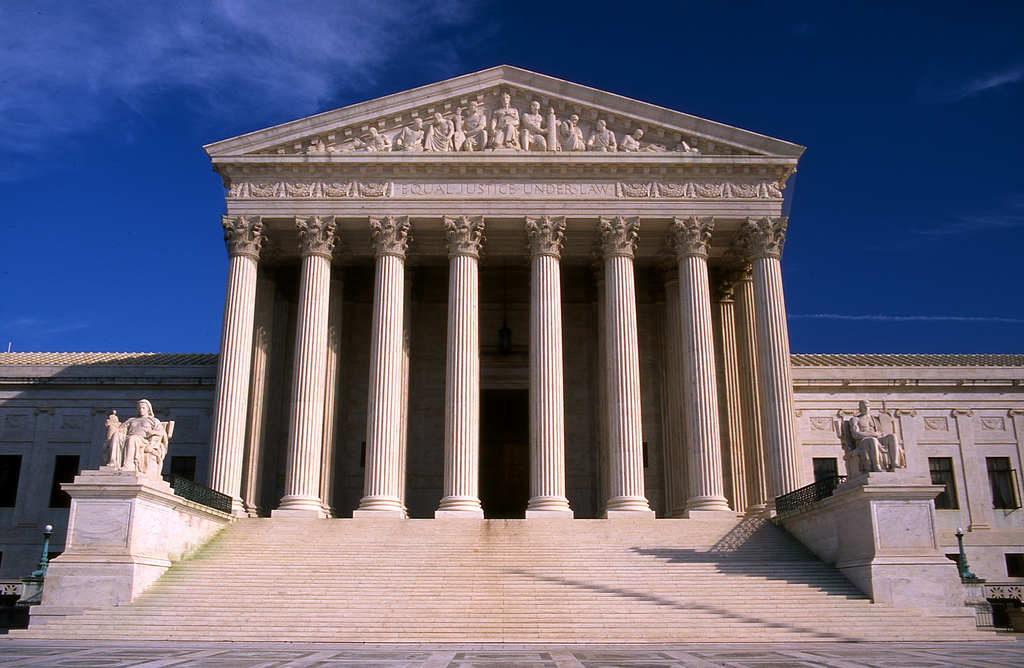WASHINGTON(January 29, 2024) – A year after the Supreme Court overturned Roe v Wade, there is still a great deal of confusion surrounding who, when and where one can receive reproductive and abortion procedures. Since the decision in Dobbs, 21 states have laws in effect that ban abortion before fetal viability, and fourteen of those 21 have issued near-total bans on abortion from the point of conception
If you would like more context on the matter, please consider Sonia Suter, The Henry St. George Tucker III Dean’s Research Professor of Law; The Kahan Family Research Professor of Law; Founding Director, Health Law Initiative at the George Washington University Law School. Professor Suter is an expert in the intersection of law, medicine and bioethics with a particular focus on reproductive rights, emerging reproductive technologies, and ethical and legal issues in genetics.
Recently, Professor Suter published an op-ed on the topic in The Conversation, “Most state abortion bans have limited exceptions- but it’s hard to understand what they mean.” Professor Suter and co-author, Naomi Cahn, explain the inconsistencies in the laws per state as well as the real health implications many women face when denied healthcare. Suter said, “Most of these exceptions are vaguely worded, leaving physicians and pregnant patients to navigate whether a particular abortion would be legal.”
If you would like to speak with Professor Sonia Suter, please contact Media Relations Specialist Shannon Mitchell at shannon [dot] mitchell gwu [dot] edu (shannon[dot]mitchell[at]gwu[dot]edu).
gwu [dot] edu (shannon[dot]mitchell[at]gwu[dot]edu).
-GW-




